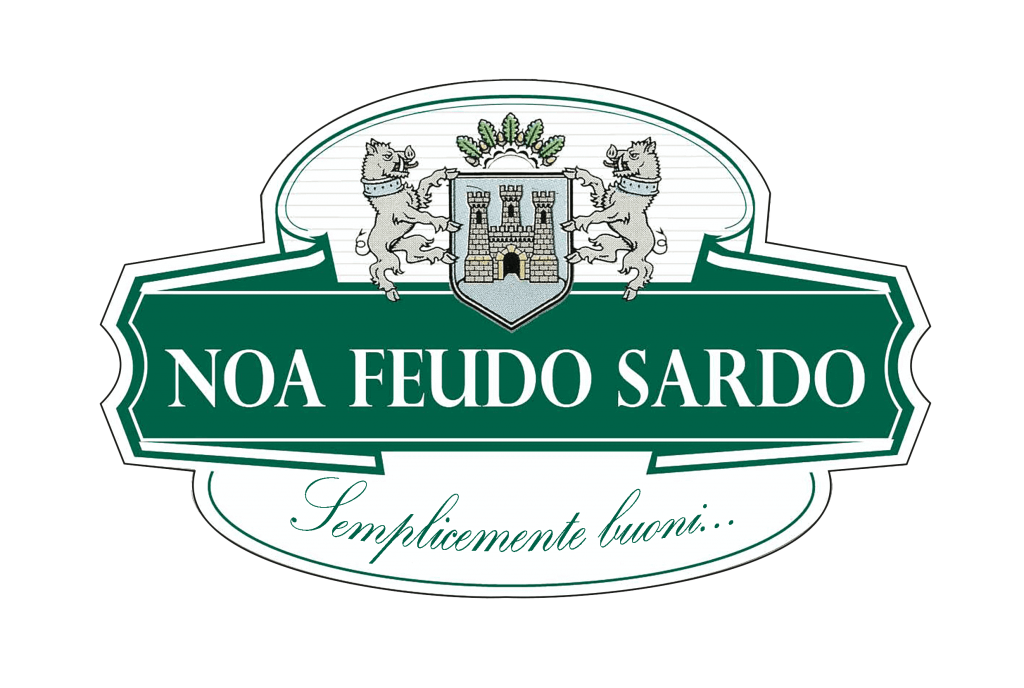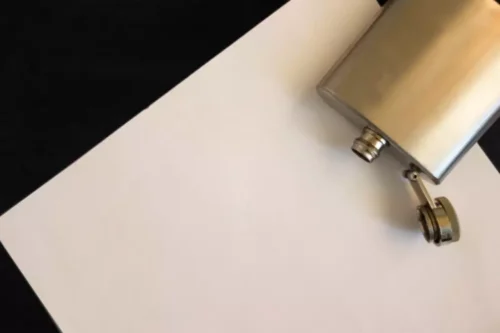
If a person chooses to consume alcohol, drinking in moderation several hours before bed is the best practice for avoiding sleep disturbances. However, in the second half of a night’s sleep, alcohol diminishes the amount of REM sleep. Alcohol’s negative effects on sleep quality worsen after several nights of drinking. There is a higher prevalence of insomnia in people with ADHD and AUD, but consuming alcohol to manage insomnia generally worsens sleeplessness.
Insomnia Risk Factors
All this is to say that “just quitting” isn’t always easy, even when alcohol use harms your sleep and well-being. Withdrawal symptoms are a whole different world than alcohol-induced sleep problems. Because on top of sleep disturbances, you can also experience anxiety, shakiness, headaches, brain fog, and a range of other detox symptoms. Research on alcohol and sleep shows that moderate-to-heavy drinking has a detrimental effect on sleep. But this is more of a guideline than a rule—simply because the amount of alcohol that causes insomnia is different for everyone. With extended use of alcohol over time, there can be long-term concerns, too.
Tips for Managing Sleepiness After Drinking
RISE users even say stress and anxiety are their biggest challenges when it comes to getting a good night’s sleep. You might also want to cut down on the number of nights you drink to give your body more chances of getting a good night of alcohol-free sleep. We’ve covered more on how long before bed to stop drinking alcohol here.
- Retrospectively, subjects with AD reported the presence of insomnia prior to the onset of AD (Currie et al., 2003a).
- This can leave you feeling like you have insomnia after drinking alcohol—and it’s why having a nightcap before bed might not be such a good idea after all.
- This may help many fall asleep on occasion; however, the use of alcohol, even a single serving, will make it more difficult for someone to reach deep sleep, also known as REM sleep.
- Individuals who have attention deficit hyperactivity disorder (ADHD) are also particularly affected by insomnia.
- The gut and its microbiome are often referred to as the body’s second brain, and operate under powerful circadian rhythm activity.
Explore Sleep Foundation
Though alcohol may help you fall asleep faster, it can disrupt the important REM stage of your sleep cycle, leading to lack of sleep or sleep disorders like insomnia. Although experts can’t be certain that alcohol directly causes insomnia, numerous studies have found a link between this sleep disorder and alcohol consumption. Disrupted sleep can increase the production of stress hormones like cortisol. People who get good-quality sleep typically have higher cortisol levels in the morning that decline throughout the day, reaching their lowest level at bedtime. Research shows that people with consistently poor sleep quality maintain high cortisol levels throughout the day, including at bedtime.
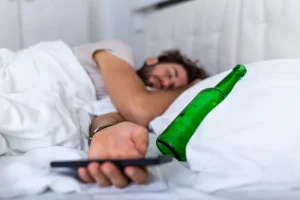
More research is needed into the best sleep aids for those with alcohol abuse problems, though. You may also require separate treatments for alcohol insomnia and alcohol dependency. Below, we’ll dive into how to stop alcohol insomnia with help from the RISE app, how long alcohol sleep problems last, and why alcohol causes sleep loss in the first place. And, as long as you don’t have an alcohol use problem, you may not have to give up drinking altogether. Grand mean evoked potential waveforms for alcoholics (red lines) and control subjects(black lines) for the FP1, Fz, FCz and Cz electrode sites. Treatment providers are available 24/7 to answer your questions about rehab, whether it’s for you or a loved one.
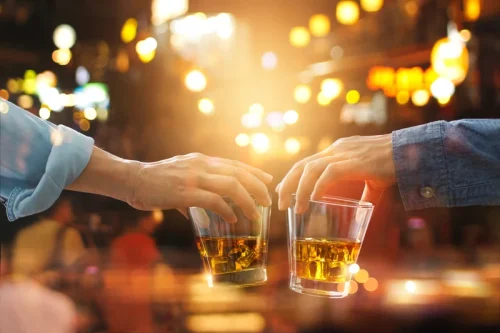
How Much Alcohol Does it Take To Distrupt Sleep?
In contrast to generalized sleep activity across the brain, “local” sleep involves activities in certain neurons or neuronal assemblies leading to regional sleep-like neuronal activity patterns. These activities are then propagated to other brain regions via signaling systems. Insomnia results from a mismatch involving persistent https://ecosoberhouse.com/ activity in wake-promoting structures during NREM sleep, leading to simultaneous sleep and wake activity along with psychophysiological arousal (Buysse et al., 2011). From a clinical perspective, insomnia occurs in vulnerable patients with predisposing factors, such as having a family history of AD or certain genetic traits.
- During the final hours of sleep when alcohol is metabolized by the body, it can have a disruptive effect on sleep, causing frequent waking and fragmented sleep.
- Baseline examination (Phase 1) took place during 1985–1988 and involved a clinical examination and a self-administered questionnaire containing sections on demographic characteristics, health, lifestyle factors, work characteristics, social support and life events.
- Insomnia results from a mismatch involving persistent activity in wake-promoting structures during NREM sleep, leading to simultaneous sleep and wake activity along with psychophysiological arousal (Buysse et al., 2011).
- The homeostatic mechanism is responsible for a build-up of the sleep drive with continued wakefulness through the day, whereas the circadian mechanism is responsible for maintenance of wakefulness and is influenced by zeitgebers such as ambient light and meal times.
- To our knowledge, only five such studies havebeen published with a total of 19 men and 5 women evaluated in experiments that vary inthe dose of alcohol administered, the timing of the alcohol relative to sleep, and thenumber of nights of consecutive usage.
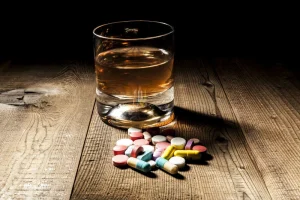
Alcohol has other effects on your body that contribute to feeling tired and sluggish the following day. Alcohol is a diuretic, meaning it increases urine production and fluid loss from the body more quickly than you can replace it. Dehydration zaps your energy levels, making you feel tired and less alert than alcohol insomnia usual. Alcohol can also trigger night sweats, cause or and worsen anxiety, increase your risk of snoring by 14% (and the more you drink, the worse your snoring can be), and increase your risk of obstructive sleep apnea by 25%. Alcohol withdrawal insomnia may clear up when withdrawal symptoms subside.
A number of effective pharmacological and nonpharmacological treatment options exist to manage insomnia. Most have been evaluated in non-alcoholic insomnia patients so their efficacy in alcoholic patients is uncertain. Moreover, treating insomnia in the alcoholic patients requires special consideration because of the abuse history and potential for overdose with some pharmacological agents when mixed with alcohol. Two studies have evaluated sleep evoked responses in abstinent long-termalcoholics. Nicholas et al. (2002) studied 7abstinent long-term alcoholic men meeting DSM – IV criteria for alcohol dependenceand 8 normal control men.
- And sometimes, they say they’re drinking to cope with a challenging symptom like insomnia.
- Therefore, it is important to seek the help of medical and mental health professionals so that you do not accidentally worsen your conditions or cause medical risks by trying to manage sleep or alcohol use issues on your own.
- Call now to connect with a treatment provider and start your recovery journey.
- RISE users even say stress and anxiety are their biggest challenges when it comes to getting a good night’s sleep.
- Alcohol can trigger parasomnias, involuntary sleep behaviors that contribute to poor sleep quality, such as sleep talking and sleepwalking.
Circadian Rhythm Fasting
The Whitehall II participants were asked about reasons for change in drinking over the last 10 years and an increase in consumption was cited as a means to help get to sleep was by 6% of men and 5% of women21. In a recent cross-sectional population study of 187,950 adults in the United States short sleep prevalence was higher among adults who consumed any alcohol compared with those who never consume alcohol18. Our findings contrast with this study in that we did not find strong association between drinking and sleep duration. Jackson et al. note that the prevalence of short sleep across alcohol consumption patterns was more variable among whites, and the majority of Whitehall II participants are white. During three decades of follow-up, repeated measures were obtained via a self-completed questionnaire of insomnia symptoms and sleep duration and repeated measures of alcohol consumption and problem drinking.
